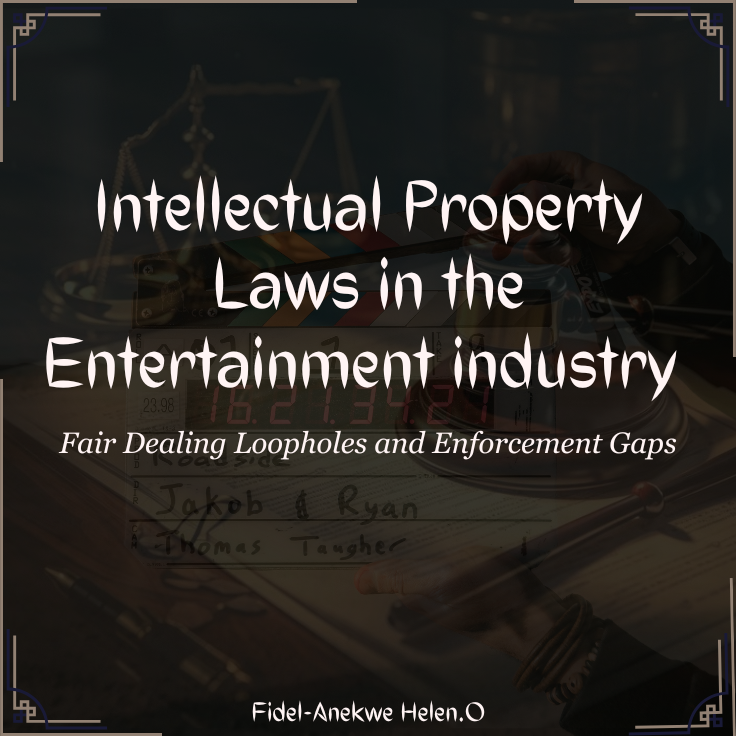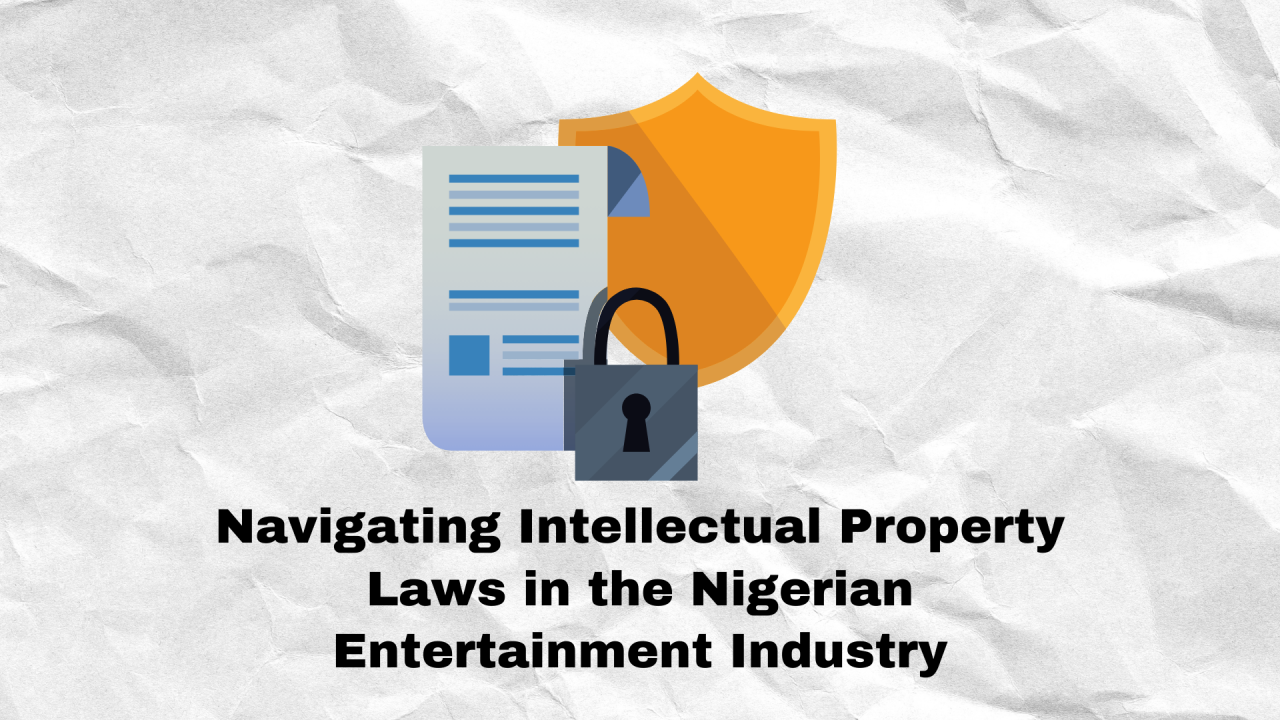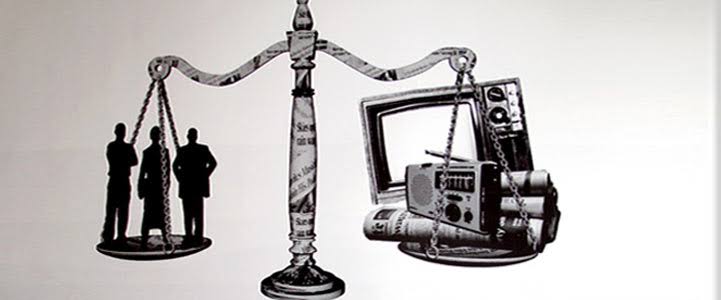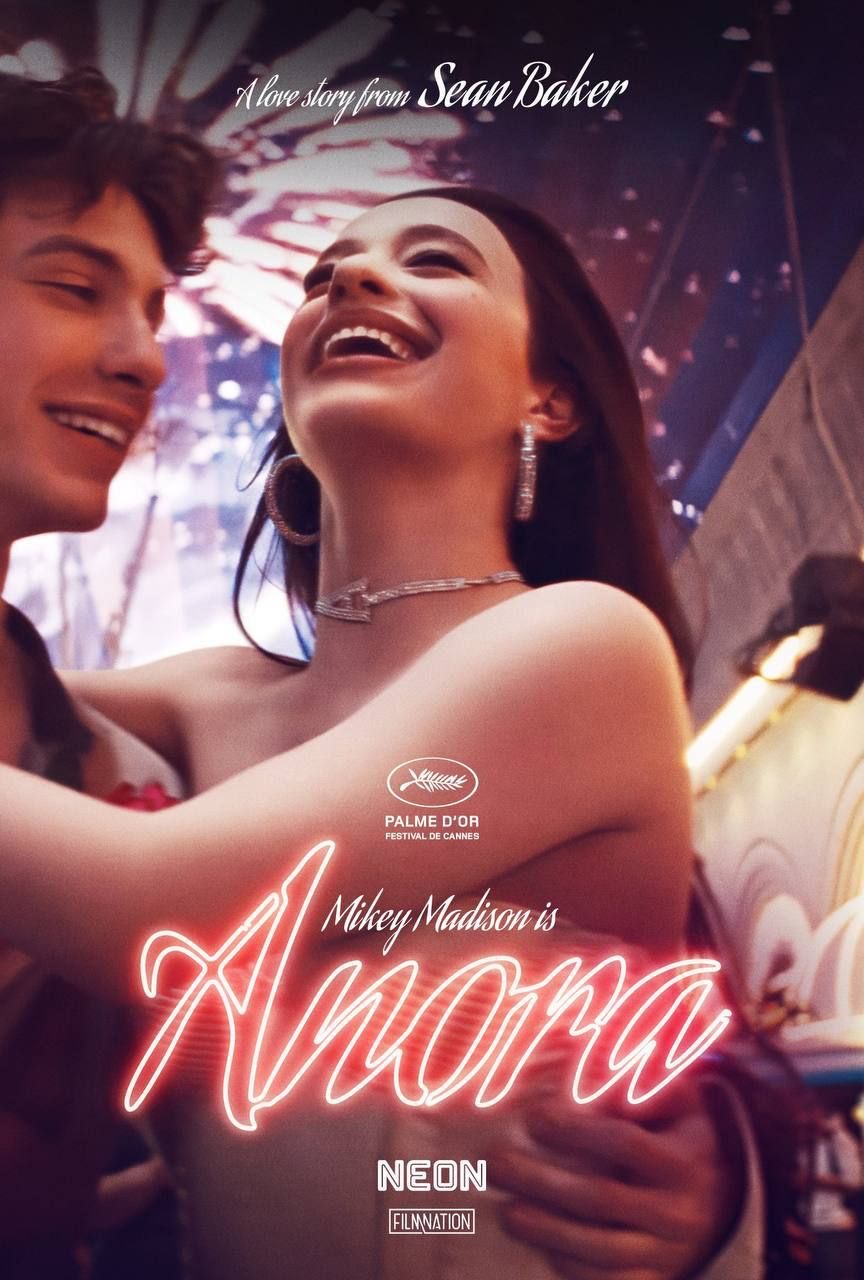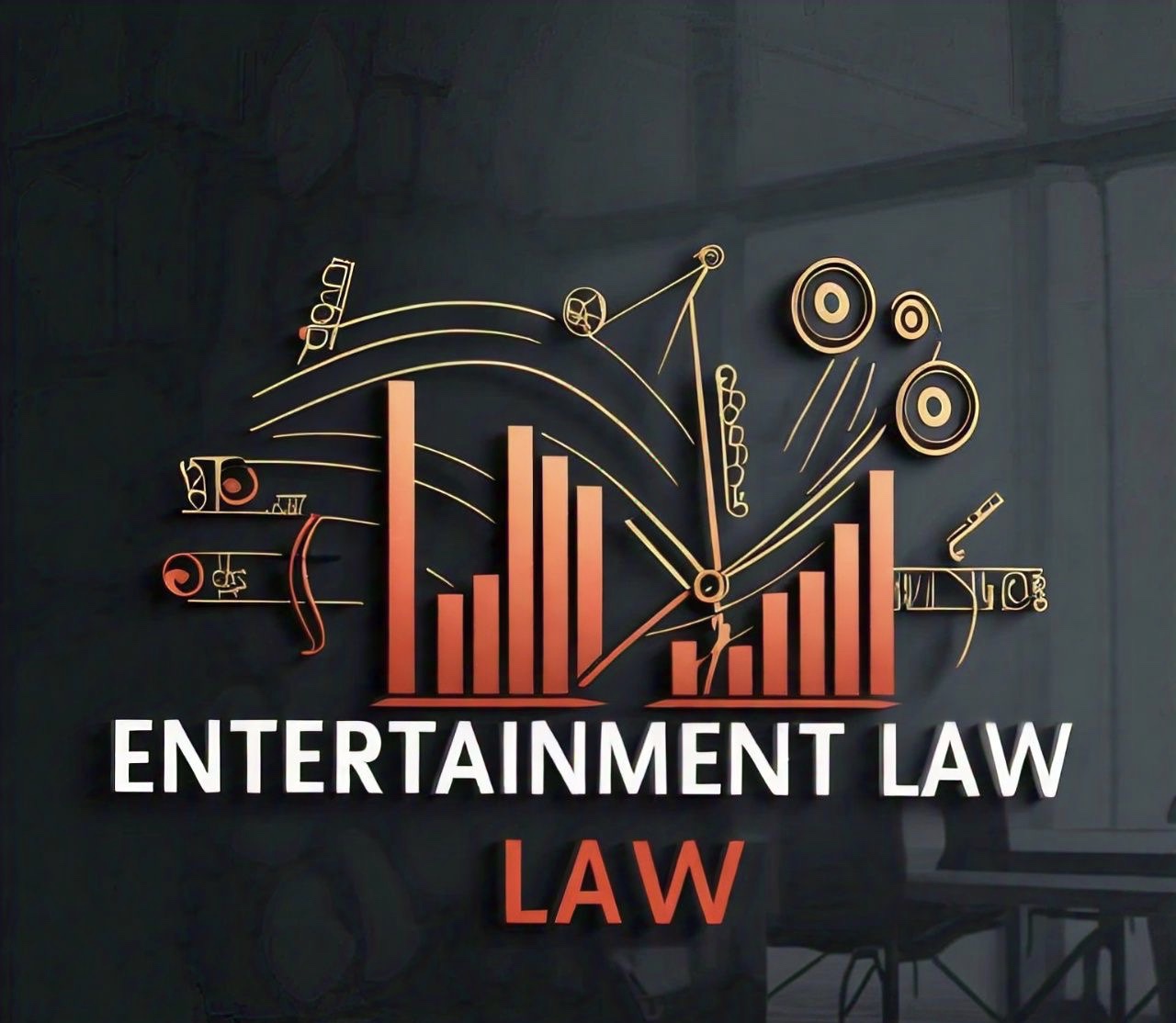
INTRODUCTION
So true to say that Music is, undoubtedly, an integral and of course an indispensable part of Human existence. Through thefirst Imperial copyright Law of 1911, Music has always been categorized and suitable for Copyright. Before taking another step, Readers, there is a need to dwell on the concept of Intellectual Property Law, an arm of which is the copyright law is a vast aspect of law which is absolutely important and indispensable in entertainment law and all other Areas of law where it may be deem fit.
Therefore, Copyright Laws grants exclusive rights to the right holder to control the use or otherwise of their works. It is important for right-holders such as songwriters; producers to have a good understanding of existing copyright laws to enable them effectively apply and enforce the law. The law without actual enforcement is of no use to those it seeks to protect and thus the need for right holders to understand the basic principle of copyright law and how it affects them as well as how they can use the law to their advantage.
THE CONCEPT OF COPYRIGHT LAW IN AFRICA’S ENTERTAINMENT INDUSTRY(NIGERIA AS A CASE STUDY):
It is an established fact that Copyright protects the works of songwriters, musicians, artists, authors, authors, producers, composers and other creative’s. According to the copyright Act of 2023, It is a criminal act for someone to lift your work from the internet without your permission. Copyright is a ‘property’ right. This means that the owner of the right, who can be the author or any person to whom the author has assigned it, has the exclusive right to authorize or prevent others from using their work in various ways.
Normally, In a traditional publishing arrangement, the songwriter assigns the copyright interest in a song to the publisher, who distributes a portion of royalties to the songwriter (the songwriter’s share) and retains a portion as compensation (the publisher’s share). Copyright in a musical work lasts for 70 years after the end of year the creator dies, and if the work was created with any additional creator such as writing partners, the copyright lasts seventy years after the surviving author.
However, in the case of a copyright owner that is a government or corporate body, the lifespan is 70 years after the end of the year the work was first published. On the other hand, copyright in a sound recording subsists for only 50 years after the end of the year in which the recording was first published. Once the copyright period ends, the work enters the public domain and anyone is free to use it.
Fully known to be the owner of a copyright in a musical work, Section 6 of the Nigeria copyright Act gives someone an exclusive control over acts such as commercial distribution of work by way of rental, lease, hire, loan, or similar arrangement, performance of work, Publication of work, preparation of derivatives works based upon the work, public display of the work or a record in respect of the work.
IMPORTANT PROVISIONS RELATED TO SONGWRITERS’ RIGHTS:
To note that, The Nigeria Copyright Act bestows songwriters with some exclusive rights over their musical compositions which includes?
1. Distribution: They have the exclusive rights to control over how their music reaches the public, whether physically or digitally.
2. Reproduction: Songwriters solely authorize the reproduction of their songs, preventing unauthorized copy.
3. The right to create adaptation and translations while retaining original copyright.
4. Songwriters also have the exclusive right to perform songs in public, whether live or through broadcast.
5. Songwriters have the sole authority to transmit their music via various mediums.
CONCLUSION
It is so disheartening to say that there are some powers that many don’t know how to wield. As a songwriter, you are the initial owner of the song. You also have the rights to be credited for your song as pursuant to section 12 of the Nigeria copyright Act. And that’s why it quite imperative to get an entertainment lawyer before entering into any contract in relation to your song in order not to be captured in the quagmires that can unfortunately affect your identity ((Brand) in a negative way of course. Music is a business and songwriters depending on the contract and negotiation terms, You are entitled to royalties when your songs are played in the public. For these royalties to be effective, It is quite advisable to register as a member of a collecting society, for example, Copyright Society of Nigeria (COSON).
To this end, the first Food chain of the music Industry who are songwriters should bear in mind their overwhelming importance in churning out hit music for musicians and also getting the(songwriters’) bag as well through the help of Copyright Law.

